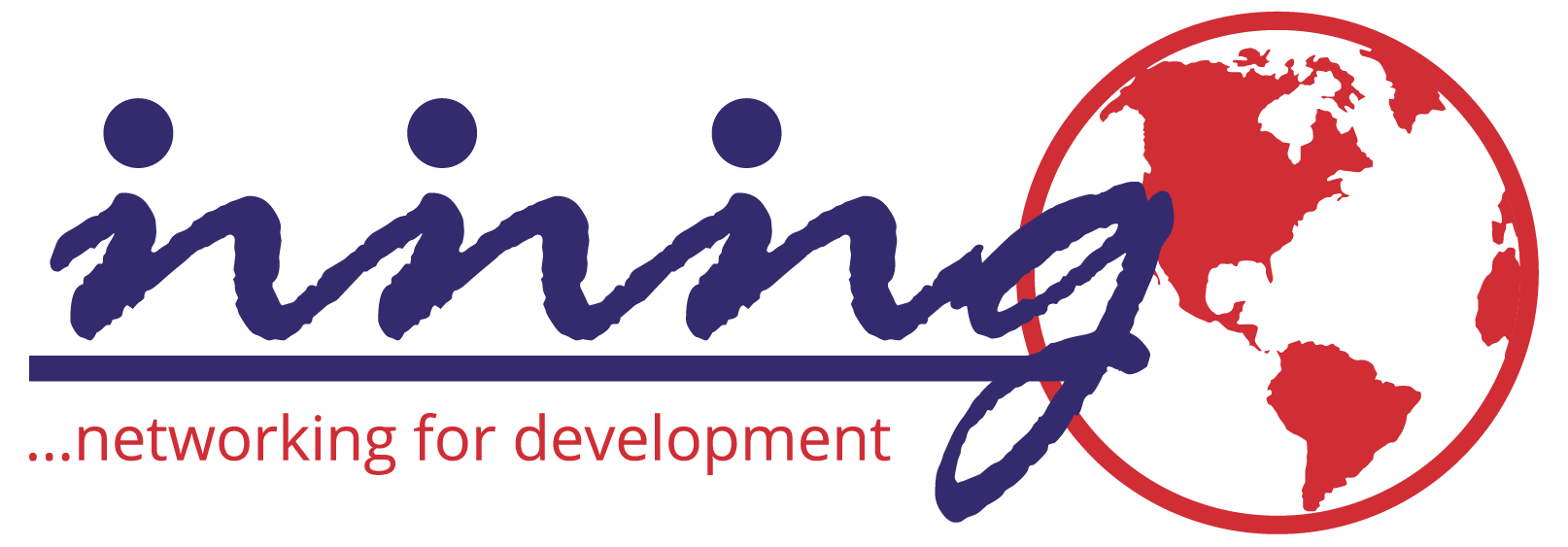Understanding the Financial Action Task Force (FATF)
CE-FATF-ENG NEWSLETTER (JAN) 2017
The Financial Action Task Force on Money Laundering (FATF) was founded in 1989 on the initiative of the group of seven (G7) summit held in Paris. This intergovernmental organization, which is also known by its French name, Groupe d’action financière (GAFI); was charged with developing policies to combat the growing trend of money laundering. Over the years, the world and Africa in particular, experienced a heavy surge in the rate of illicit financial flows which totaled as much as US $50 billion per annum. The negative impact of such flows on development and governance 2 agenda of Africa could not be overemphasized, as it was detrimental to sustainable development. The establishment of FATF was therefore necessary to curtail these illegal earning, transfers and utilization of money between countries.
In 2001, its purpose was further expanded to act on terrorism financing and monitoring countries’ progress in implementing the FATF recommendations by ‘peer reviews’ of member countries, which ultimately forms the basis for a coordinated response.
First issued in 1990, the FATF 3 Recommendations were revised in 1996, 2001, 2003 and most recently in 2012 to ensure that they remain up to date, relevant and of universal application.
Although Nigeria suffered some deficiencies and was thus delisted in June 2006, however, the country continues to show strong commitment towards combating money laundering with its improved status with the FATF while it remains under the watch of GIABA with an outstanding fact.
These recommendations are recognized as the international standard for combating money laundering, the financing of terrorism and proliferation of weapons of mass destruction, which is also referred to as “policymaking body”. The FATF works to identify national-level vulnerabilities with the aim of protecting the international financial system from misuse.
Since its establishment, the FATF has evolved into an increasingly influential policy-making and compliance body. Well over 180 countries are now committed at the ministerial level to implementing the FATF Recommendations’ law and policy.
Member countries are subject to rigorous assessment by the FATF and its regional bodies every 6-7 years with peer review and follow-up mechanisms, which are used to assess and improve states’ compliance. Countries that score badly must agree to enact wholesale reforms while ‘non-cooperating territories’ are named shamed and face ‘blacklisting’.
These measures are carried out upon the Task Force’s standards, which have become a central feature of the global good governance agenda and good compliance ratings, which are particularly important for developing countries seeking aid, trade, and investment deals. South Africa actually remains the only African member country.
Although Nigeria suffered some deficiencies and was thus delisted in June 2006, however, the country continues to show strong commitment towards combating money laundering with its improved status with the FATF while it remains under the watch of GIABA with an outstanding fact.
It maintains that upon the blacklist, an accompanied word of caution to the international community to deal cautiously with countries on the list which spelt negative impact on the economies of these countries were listed thereon and so it was in this context that the 1.
Nigerian government made concerted efforts to improve the image of the country, which led to the enactment of the Money Laundering (Prohibition) Act of 2004.
With its Secretariat housed at the headquarters of the Organization for Economic Co-operation, FATF’s objectives remains still to set standards and promote effective implementation of legal, regulatory and operational measures for combating money laundering, terrorist financing and other related threats to the integrity of the international financial system.
The cost of money laundering and underlying serious crime is very large. It is estimated between 2 and 5% of global GDP.
This eyeopener will therefore enable national authorities to take more effective action against money 2 laundering and terrorist financing. Consistent gathering of stakeholders will improve on their momentum through the Task Force embarked mission of purposeful and aggressive steps towards curtailing all corruption excesses.
END
Published with the support of OSIWA
This newsletter is published as part of the civic engagement on the Financial Action Task Force evaluation on Nigeria project supported by OSIWA. All opinions expressed are that of the authors and does not reflect that of OSIWA or NNNGO or any other organization(s) mentioned.
About CE-FATF-ENG: CE-FATF-ENG stands for civic engagement on the Financial Action Task Force evaluation on Nigeria.
This newsletter is part of the CE-FATF_ENG project implemented by NNNGO with the support of Open Society Initiative for West Africa (OSIWA).
Further information: E: nnnngo@nnngo.org | T: 0802 857 3849 | F: @nnngo T: @nnngo





